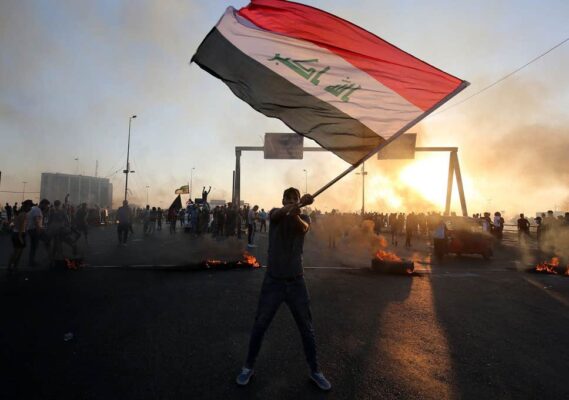
What is the appropriate way to deal with a country and a government that continuously abuses its own citizens and foreign nationals in 2020? International legal norms are often buried for the sake of political expediency so local elections can be won, but why do local elections depends on whether or not we acknowledge the genocide of the Yazidi people, or the plight of the Uighurs? Why is Venezuela only an issue for a week, and why is it considered at all appropriate after such a week for a world leader of a democratic country to shake hands with a regime that murdered its citizens? It is up to the citizens of democratic countries to hold their governments to account. We see in 2020 that a government that is not held to account can commit some grievous errors and even crimes. Supporting corrupt practices locally hurts those globally, especially in countries where wealth and political power guides the rest of the world.
The Inter-American Dialogue’s Venezuela Working Group has recently published a report to highlight the need for inter-regional and international focus on the government of Venezuela, done for the sake of Venezuelans at home and abroad. Part of the tools many regimes use to advance their power and many of their abuses is just to wait out the impatient international media and foreign interest until another issue captures their attention. This tactic was used in 2009 when Iran’s liberal minded protesters were violently put down after the world’s attention shifted to other issues. This tactic spread to Venezuela, Syria, Iraq and many other parts of the world when people under regime rule spoke up and asked for international unity. The years surrounding 2020 and the global era of mass communication and incredible technology has actually given us less useful information about how to be more human to those who scream for help across the world. It is not the case that the information is not available, it is that the culture around information has become very regressive. One horrific example is that of the genocide of the Yazidi people, a modern Holocaust that shows no lessons have been learned since the end of the Second World War.
While Iranians still protest and are murdered, and Iraqis protest and are murdered in kind by those linked to the same regime, the week that saw the murder of many Canadians, Iranians and other foreign nationals via missiles downing an airliner is barely discussed. The issue never met justice, and the silence is allowing not only the evidence to be wiped clean and a new narrative to be set by those who committed the crime, but also enabled them to use the time and ignorance of the issue to convince those speaking for victims to embrace, smile and bow at those who openly killed their citizens. It will surely come to pass that in the future our time will be looked at as an era of mass murder, shadowed in mutually assured ignorance.